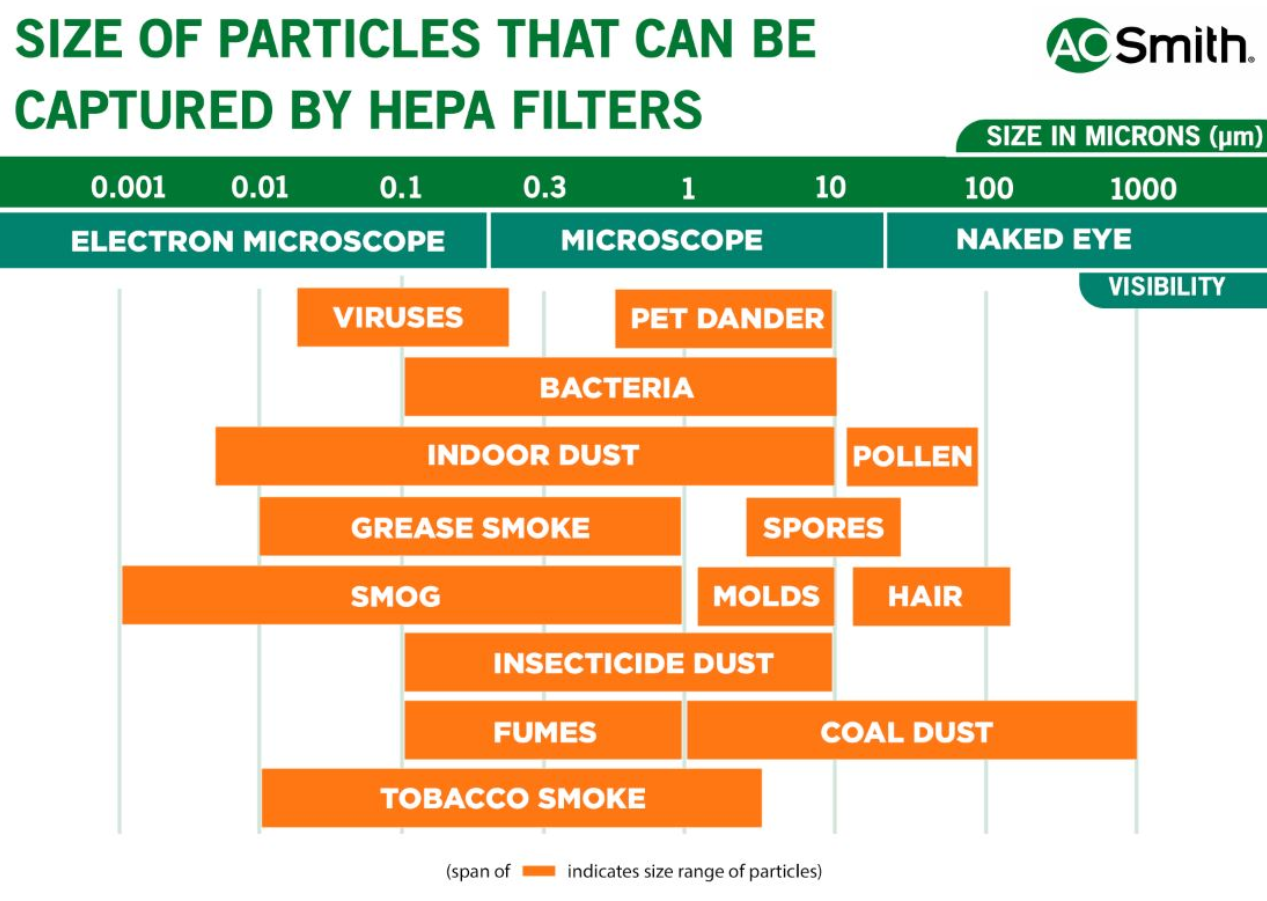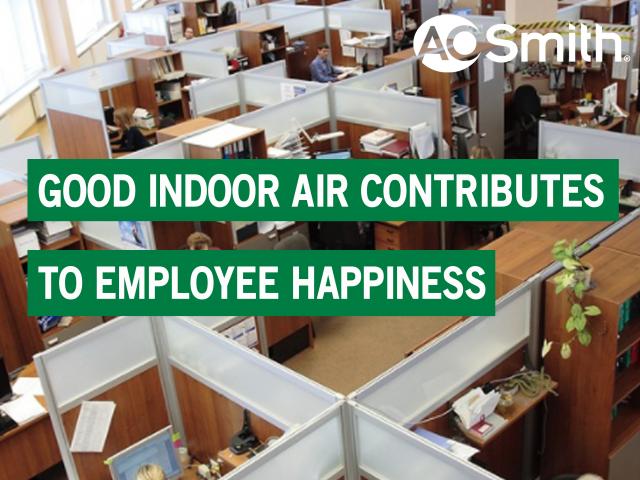Pictures this: An average white-collar employee commuting to work on a jeepney from Commonwealth Avenue to their office in Cubao during rush hour. The traffic culminated into a gridlock and our employee was unfortunate enough to be surrounded by older model vehicles belching smoke from exhaust pipes that were last maintained during the early 2000s.
They get to work and are greeted by the exact same assault on the senses, the windows being open or closed doesn’t make a difference at this point. Is it the smoking area from downstairs? Could it be the fish someone microwaved last week? The sickly smell is unbearable and they will be breathing it for the next 8 hours.
How polluted air affects employees
Inhaling polluted air is a daily routine for most people working in the city. Acute health problems such as asthma have been linked to the quality of ambient air caused by traffic . The term sick building syndrome (SBS) was coined to describe situations where the occupants of a building experience discomfort or illnesses that seem to be linked directly to the time spent in buildings with bad indoor air and ventilation.

The Harvard Business Review conducted a study to find out how air quality affects the productivity of white collar workers in a call-center office setting. They found out a 0.35% decline in the number of calls handled by a worker is related to a 10 point increase in the Air Quality Index (AQI). The study also suggests that workers are 5%-6% more productive when the air quality levels pass within EPA standards.
While the air quality outside your building may not be under your control, fortunately, there is a way to improve the quality of indoor air within your office space without breaking the bank on a months long HVAC system overhaul -- HEPA air purifiers.
Increasing workplace productivity through HEPA air purifiers
HEPA or High Efficiency Particulate Air filters are mechanically pleated filters that are extremely effective at trapping and removing airborne particles, microorganisms and other contaminants from the air. They’re also easy to install and have smart user interfaces to tailor certain settings according to your preference.

![]()
Establishments that experience high volume foot traffic such as banks, offices, and lobbies can also benefit from the clean air being delivered by air purifiers, specially in the time of a pandemic. HEPA filters can filter contaminants up to 0.3 microns in size. Coronavirus particles are suspended in the air via droplets that are 5 microns. This means that a HEPA filter can effectively capture these biological hazards ensuring a lower chance of transmission.
When choosing an air purifier it is important to remember that certain factors such as the size of your room and its purpose can affect the desired result. Some air purifiers are good for cleaning out the smell of microwaved fish in the cubicles while some are designed for high intensity filtration such as smoking areas or spaces that off-gas a lot of VOCs.
Don't take air quality for granted
We tend to overlook things that aren't immediately apparent and air quality seems to be one of them. Maybe it's because we're just so used to breathing poor quality air on the way to work, and sometimes during work. HEPA air purifiers are a chance to correct something that's been a silent problem for a long time. Start investing in good indoor air and your employees will love you for it.
https://hbr.org/2016/09/air-pollution-is-making-office-workers-less-productive
https://www.aosmith.com.ph/blog/can-hepa-air-purifiers-protect-you-against-covid-19
https://www.aosmith.com.ph/blog/choosing-air-purifier-know-your-room-size-cadr-ach-and-ccm-ratings
https://www.aosmith.com.ph/blog/voc-and-formaldehyde-why-its-bad-indoor-air-and-what-do-about-it
https://www.ncbi.nlm.nih.gov/pmc/articles/PMC4243514/
https://www.ncbi.nlm.nih.gov/pmc/articles/PMC2796751/

